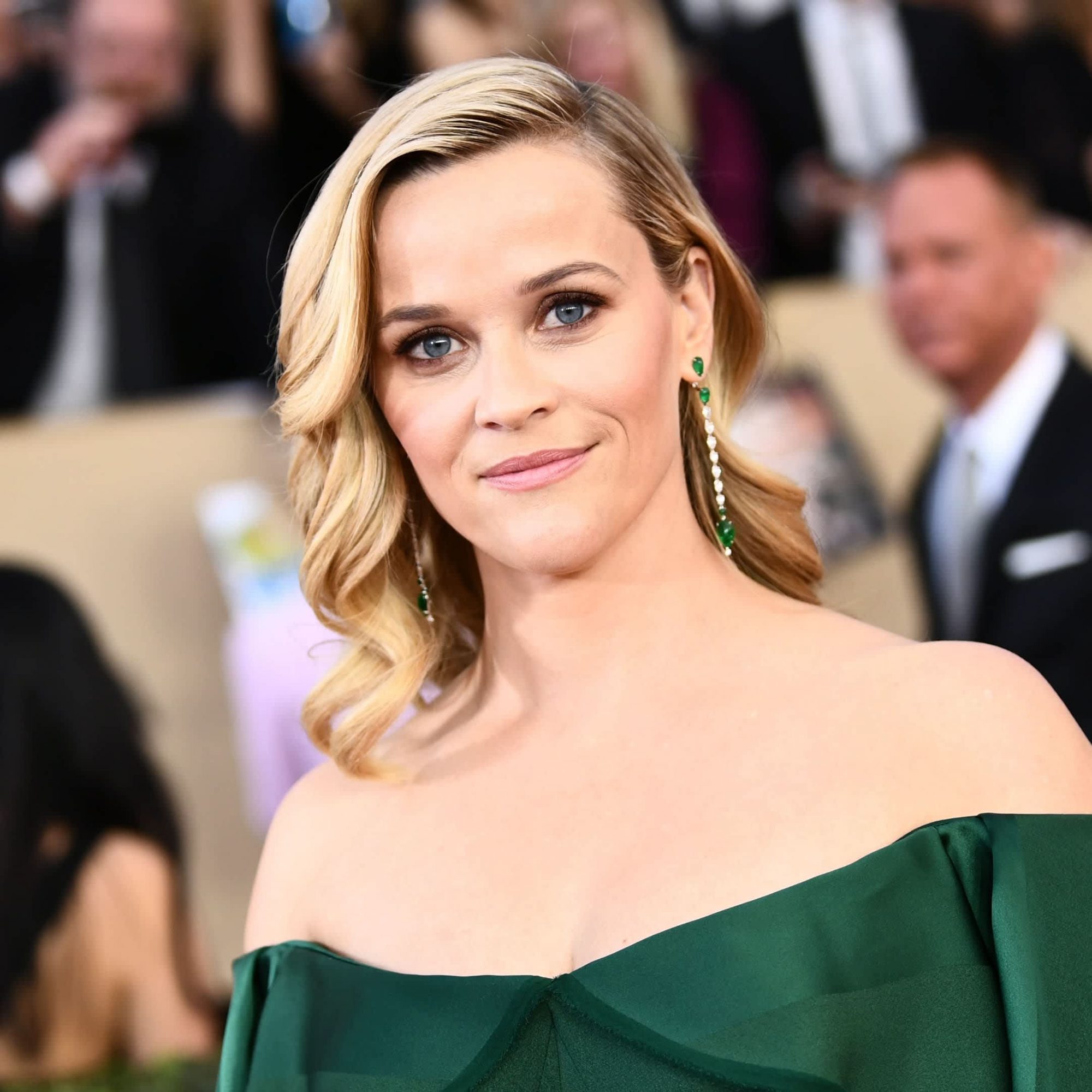
- POPSUGAR Australia
- Family
- Reese Witherspoon on Postpartum Depression: I Was “Completely Out of Control”
Reese Witherspoon on Postpartum Depression: I Was “Completely Out of Control”

Reese Witherspoon has opened up about her own experiences with postpartum depression, and they are as varied as the amount of times she’s given birth.
“After each child, I had a different experience,” Reese said in an episode of Jameela Jamil’s I Weigh podcast. “One kid, I had kind of mild postpartum, and one kid, I had severe postpartum where I had to take pretty heavy medication because I just wasn’t thinking straight at all. And then I had one kid where I had no postpartum at all.”
“I didn’t have the right kind of guidance or help. I just white-knuckled back.”
Although the actress revealed she started going to therapy when she was 16 and has been managing her anxiety and depression her entire life, she said childbirth and becoming a mother was the biggest stressor to her mental health.
“I was 23 years old when I had my first baby, and nobody explained to me that when you wean a baby, your hormones go into the toilet,” she said. “I felt more depressed than I’d ever felt in my whole life. It was scary. Completely out of control. I didn’t have the right kind of guidance or help. I just white-knuckled back.”
She explained that she couldn’t get help from her mom, a pediatric nurse, who lived in another state and because, frankly, there just “wasn’t the type of communication we have now.”
Related: Reese Witherspoon’s 3 Kids Are Basically Her Clones, and We Have Photos to Prove It
Despite knowing firsthand that “postpartum is very real,” she worries that our society is still not responsive to women’s mental-health issues.
“I do think hormones are so understudied and not understood,” she said. “We don’t understand the hormonal roller coaster that you go on when you stop nursing. And I kept reaching out to my doctors for answers. There just isn’t enough research about what happens to women’s bodies, and the hormonal shifts that we have just aren’t taken as seriously as I think they should be.”

